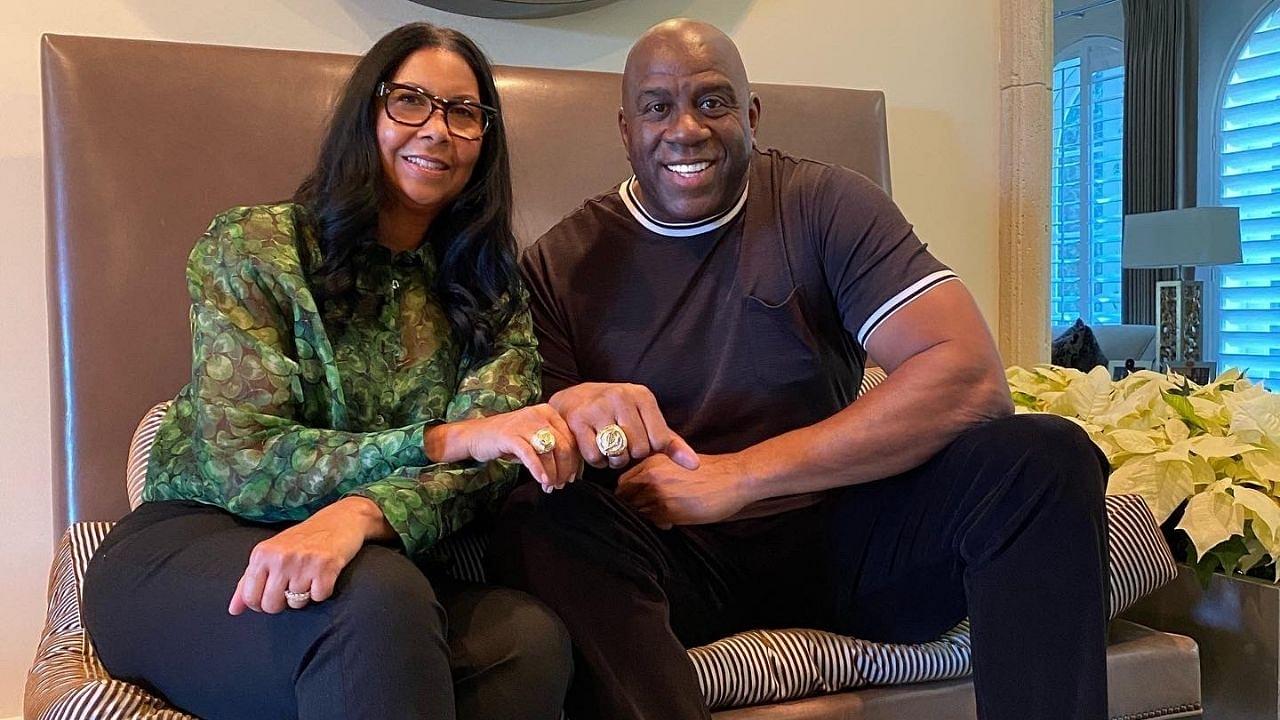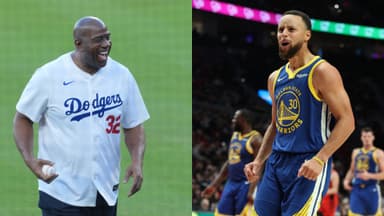Magic Johnson posted a rallying cry for African-Americans in the USA to stand up and be counted among head coaches and NBA executives.
Advertisement
Recently, Johnson talked about the firing of Atlanta Hawks’ head coach Llyod Pierce. He praised how Nate McMillan, another African-American, was named an interim head coach. Earvin also addressed the whole Masai Ujiri situation in Toronto and added:
“We deserve it. Think about it. Lloyd [Pierce] just got fired. So that’s another one of us, even though on an interim basis they’ve replaced him with Nate McMillan. But we’re seeing that we should have more on the sidelines as head coaches. We’re proving we know what we’re doing.”
“But more than that, we want to have more on the executive level as well, because you see what happened in Toronto [with Masai Ujiri] and he led them to an NBA Finals. He’s an African-American that knows what he’s doing, but there’s plenty others that can run teams, too.”
Exclusive with @MagicJohnson: “People want to see America change.”
The entrepreneur and NBA legend wants the Black community to get more opportunity in coaching, executive and corporate ranks. Here’s why his new role with Fanatics is important.
Link: https://t.co/XWTlphUTtj
— Eric Woodyard (@E_Woodyard) March 3, 2021
‘Black representatives should own NBA teams’: Magic Johnson
Magic Johnson himself is a part of the Afro-American community. He knows how important it is for some members to represent in the league.
The 12-time All-Star believes that there are several members of the Afro-American community who are very much deserving to have various opportunities in the league. Johnson explained:
“We just haven’t been given the opportunity. So I want to see more as head coaches, more on the executive level, whether that’s a general manager or a president of a team. And then also hopefully we’ll find more even owning teams as well.”
The league has been witnessing more Black representatives ever than before. Players have been taking a political stand on racial justice lately. It is about time that the league sees more owners, coaches, and even executives from the Afro-American community.





